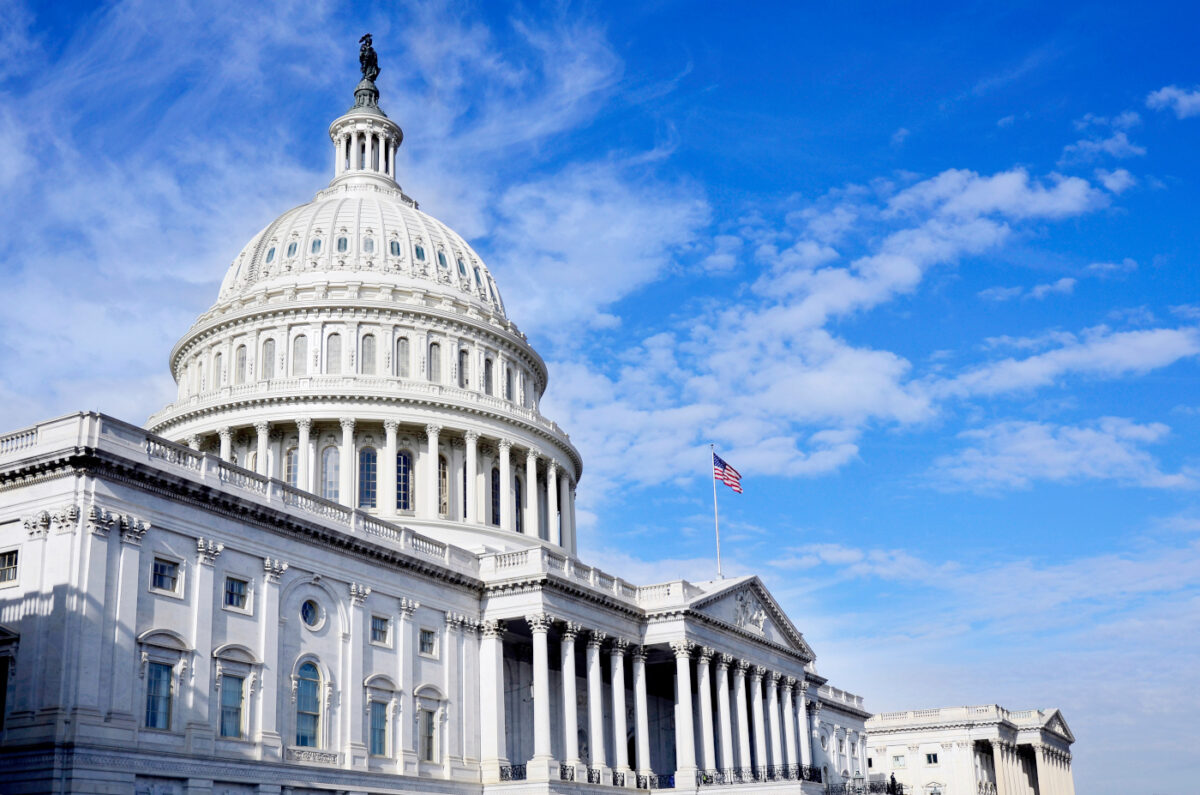Arkansas is ranked 23rd out of 50 states and the District of Columbia in healthcare affordability in a new analysis from the Altarum Healthcare Value Hub.
The 2022 Healthcare Affordability State Policy Scorecard ranks states based on policies aimed at lowering the cost of health care and outcomes achieved through those policies. The rankings are based on four categories: curbing excess prices, reducing low-value care, extending coverage to all residents, and making patient out-of-pocket costs more affordable.
For each category, the scorecard assigns a policy score and an outcome score, with a maximum of 10 points possible for each score and a maximum total of 80 points possible on the entire scorecard. The policy scores are based on policies a state has enacted to address healthcare affordability, and the outcome scores assess how impactful those policies have been. Outcome scores are also ranked separately by state; this is not done separately for policy scores. Some states are not included in the rankings for certain categories because the underlying data sources do not include data for all states.
Arkansas earned a total score of 32.1 out of 80 possible points. Here is a breakdown of the state’s score:
- Curb excess prices in the system: Arkansas scored a 3 out of 10 on policy and a 9.9 out of 10 on outcomes in this category.
- On policy, the state was credited for establishing an all-payer claims database, but critiqued for lacking other policy solutions to address rising healthcare prices, such as a strong price-transparency tool that is free, public facing, and searchable by specific procedure and hospital. This is a common critique of states like Arkansas which have chosen to made data available for experts in the private sector to develop transparency tools incorporating both price and quality, rather than building their own transparency tools.
- On outcomes, the state received its most favorable score across all the metrics for being among the least expensive states with respect to private insurer prices. Arkansas was ranked third out of the 50 states and the District of Columbia on this measure.
- Reduce low-value care: Arkansas scored only a 0.4 out of 10 on policy and a 2.9 out of 10 on outcomes in this category.
- On policy, the state was critiqued for not measuring the extent of low-value care provided in the state.
- On outcomes, the state’s use of low-value care — 19% of Arkansas residents are estimated to have received at least one low-value care service — caused Arkansas to be ranked in the middle of the pack among states (35th out of the 50 states and the District of Columbia).
- Extend coverage to all residents: Arkansas scored a 4.5 out of 10 on policy and a 6.2 out of 10 on outcomes in this category.
- On policy, the state was credited for expanding Medicaid coverage to low-income adults under the Affordable Care Act, but it was critiqued for not extending coverage options to all immigrants, including undocumented children and adults.
- On outcomes, Arkansas’s statewide uninsured rate of 8% caused the state to be ranked 30th out of the 50 states and the District of Columbia.
- Make out-of-pocket costs affordable: Arkansas scored a zero out of 10 on policy and a 5.2 out of 10 on outcomes in this category.
- On policy, the state scored a zero because it has not enacted any policies to protect Arkansans from high out-of-pocket costs, such as waiving or reducing cost-sharing for high-value services or limiting the use of short-term limited-duration plans.
- On outcomes, Arkansas ranked low on affordability (21st out of the 50 states and the District of Columbia) because 23% of adults could not receive needed medical care due to high costs.
The report also includes several recommendations for Arkansas to improve its score, including:
- Building a stronger price transparency tool, establishing a health spending oversight entity, and creating health spending targets.
- Using claims data and electronic health records to identify unnecessary care and establish a multi-stakeholder effort to address it.
- Pursuing coverage options for residents earning too much to qualify for Medicaid, including a Medicaid buy-in or public option, and offering coverage options to undocumented children, pregnant women, and adults.
- Enacting protections against short-term limited-duration health plans and surprise medical bills (those not otherwise addressed in the federal No Surprises Act), waiving or limiting cost-sharing for high-value services, and mandating a standard plan design for the state’s health insurance marketplace, which would make it easier for consumers to compare plans and help the state negotiate better rates with insurance carriers.






